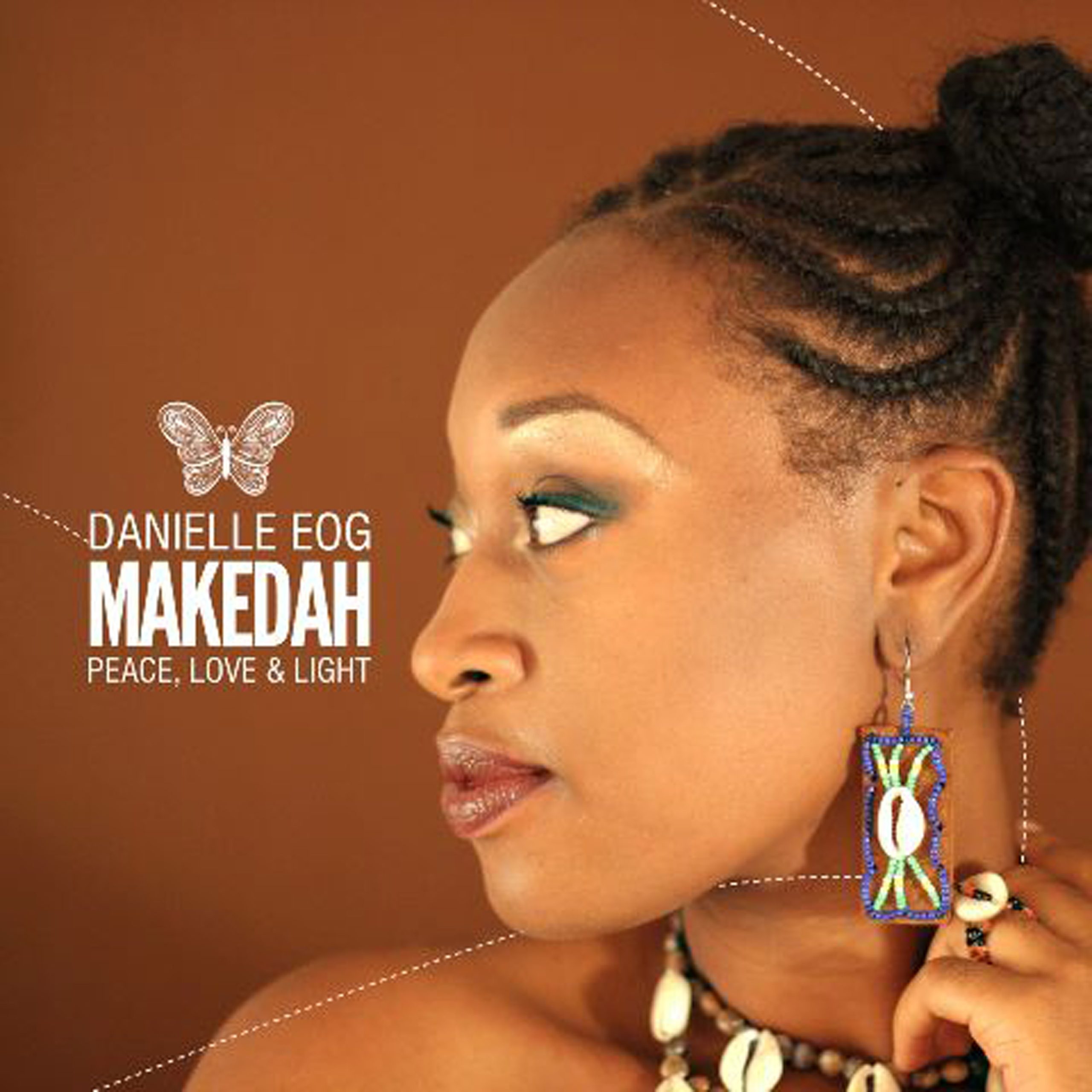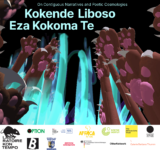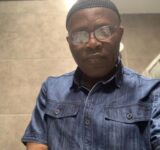Dzekashu MacViban
Shortly before the release of her LP Peace, Love and Light in 2013, Danielle Eog added ‘Makedah’ to her name, saying, “Makedah, the queen of Sheba is a strong feminine icon, who represents wisdom and the vision of a proud Africa which is independent and royal.” Descriptions of royalty seem to have followed Danielle throughout much of her career; she was described by Culture Ebene as the princess of Cameroonian soul music, while Nexdim Empire, another Cameroonian entertainment website proclaimed her the queen of Cameroonian neo soul about two years ago.
Nevertheless, her status as the leading figure of the neo soul movement in Cameroon is greatly overlooked because the genre is consumed by a niche market, while other genres like Makossa, Bikutsi, and lately, hip hop, have a mass market appeal.
Born in Paris in the 80s, Danielle discovered music by leafing through her father’s vinyl collection where she discovered several wonderful musicians. After she moved back to Cameroon in 1997, she was discovered by Krotal in 1999 and her collaboration with Rap Conteurs 1 on the hit song “Je Wanda” contributed to her visibility. In the wake of working with Macase in 2006, she further collaborated with musicians such as Krotal, Ayriq Akam, Sultan Oshimhin and did backup vocals for Manu Dibango, Les Nubians and Fredy Massamba. In 2004, she released her first video titled “Kongossa”, which was followed by several other singles and an album in 2013.
Contrary to the album’s title, Peace, Love & Light, the album is slightly chaotic in the way depression (“Dry My Tears”) and hope (“Noe Diamond”, “Chosen One”) furiously chase each other throughout most of the songs, occasionally concatenating in songs like “Help” and “Fly Away”. In this regard, her album can be consumed as a combination of two EPs; one which foregrounds pessimism as the persona struggles with herself and the other which iterates her spiritual growth. Though the songs about faith and hope outweigh those about depression and disillusionment, it is hard to ignore the despondent first song’s lyrics, as she says in “Dry My Tears”:
… my laughter is gone
There are so many people but I feel so all alone
Under the sun I feel the cold through my bones
It wouldn’t be honest to smile at everything
Lord the best memories are too far from me
My inner peace is sleeping deeply
My hope is slowly dying
“Dry My Tears” was written as far back as 2004, when Danielle was under the label Dark Cell Records. Looking back at that period, Danielle says “The song served as a means to exorcise my pain during a very sad and depressive period, while “Help” serves a transitory song, though it was written much later in 2011, a period during which I’d started to grow spiritually.”
She looks within herself in the William Nsai directed video, “Help”, which is a track off Peace, Love & Light. The soul-searching video explores depression, as the artist questions herself while in a state of disillusionment, systematically questioning the decisions which have led to her helplessness. This introspection leads to the realization that self-love is a priority and Danielle is thus able to overcome depression and purify herself as she washes off the pain and fear which haunt her, as well as strips off what links her to her past.

One of the album’s strongest points is its musical diversity, which, by virtue of her influences— Nina Simone, Jill Scott, Bob Marley, Fela Kuti and D’Angelo, among others— makes the album soulful with a hip hop influence and at the same time, hip hop-ish with a soulful influence— a pointer to the diverse pool of producers she worked with, the main ones being DJ Str’Ss and Shy FX. Another aspect of this diversity is the album’s linguistic pluralism as songs are performed in different languages which flow into each other and are held together by Danielle’s impressive vocal range which is reminiscent of Jill Scott and Lauren Hill.
Though better known as a neo soul, jazz and spoken word artist, Danielle Eog Makedah is as well a beat maker since 2004. This started under the influence of her then beat maker Mr Ndongo aka DJ Str’Ss and she has since then produced beats for two local artists (A.S.A.N. and Chelo). Her motivation as a beat maker comes from the fact that she “wants to see the best African rappers and singers perform on a soulful beat.” Recently, she produced “Here We Come”, a beat which contains samples of “We Got By” by Al Jarreau amid a steady drumbeat and she fondly describes the process, saying “I started composing in a regular manner once more after a brief hiatus and it infuses in me a different breath from the music I regularly do.” The beat starts off with a piano key, which is later interlaced with a drumbeat and both finally co-occur with a repetitive crooning voice in the background while the rhythm intensifies, leading to the finale.
Nevertheless, her beat making is not a priority because her singing takes precedence and she is currently working on a number of projects such as her trip with the Hip Hop Développé collective to participate in MASA in Abidjan next year. She also recently performed a new single entitled “Pretty Lie”, and is currently working on her second album, wherein she explores important things which are unspoken such as sexuality from a woman’s point of view and addiction.
Originally published on This is Africa here.






